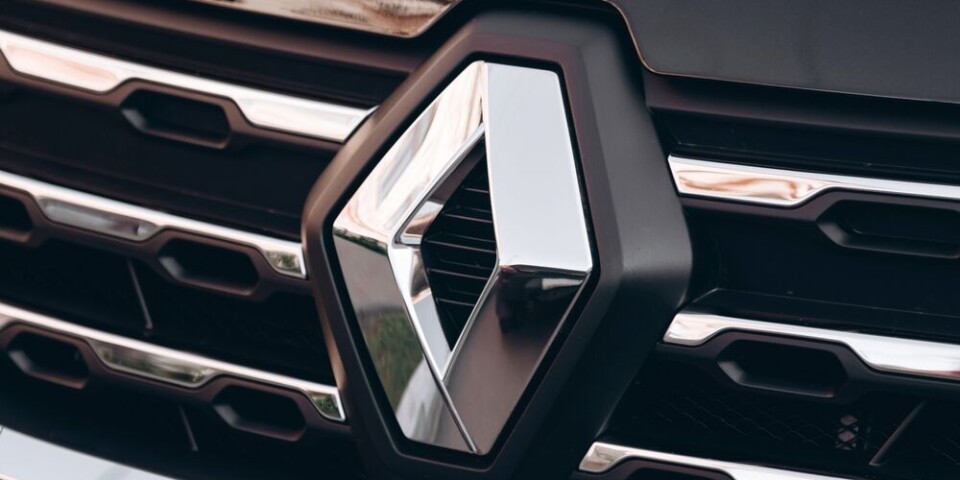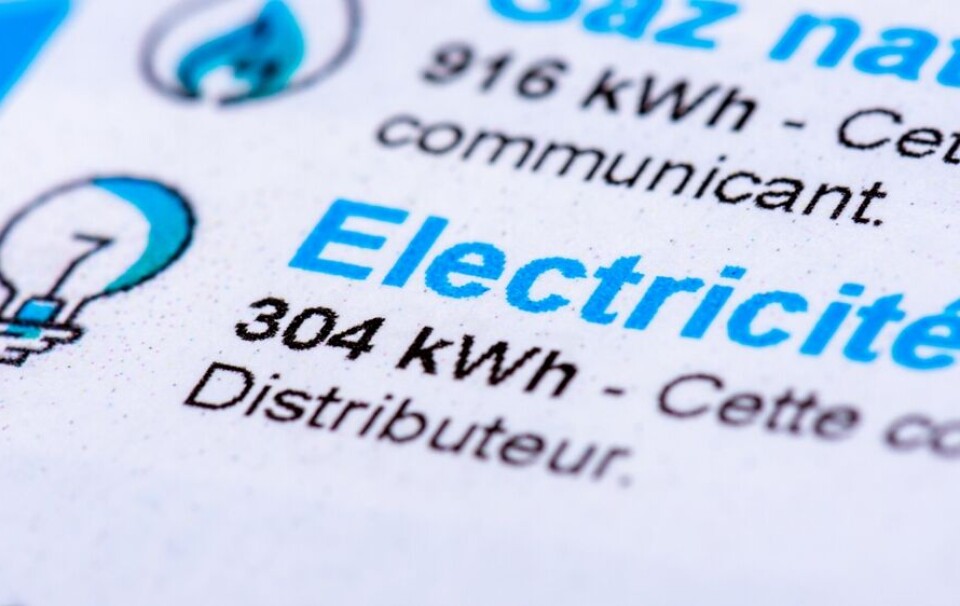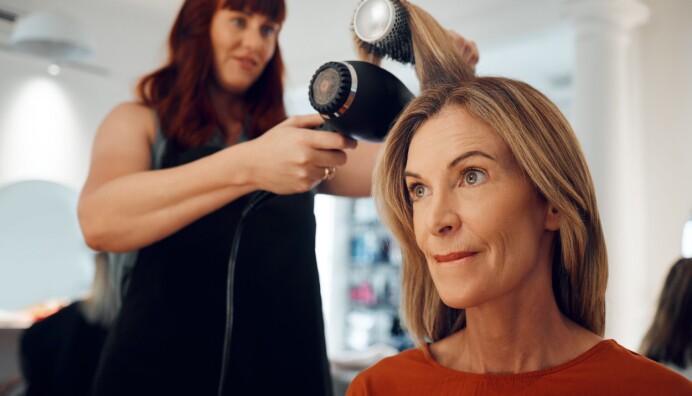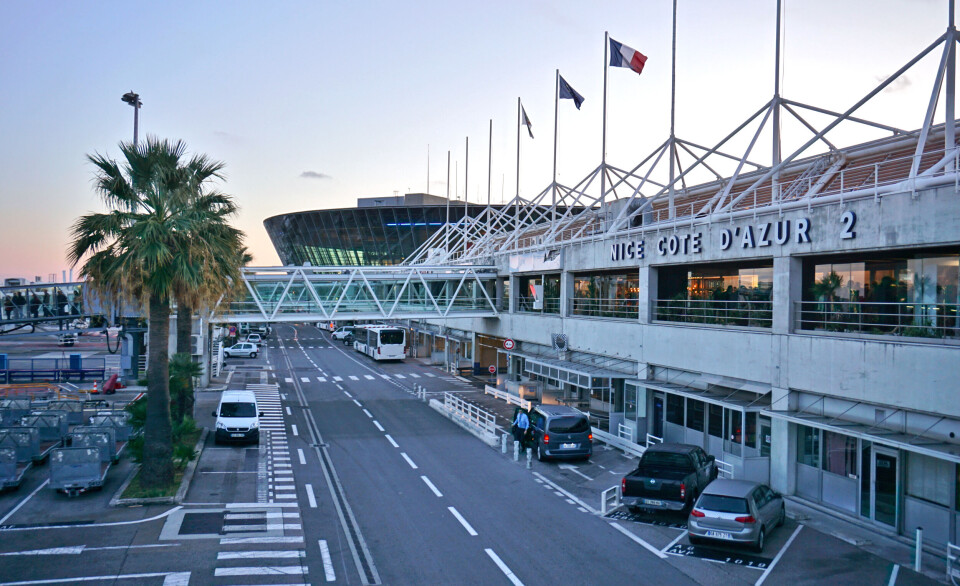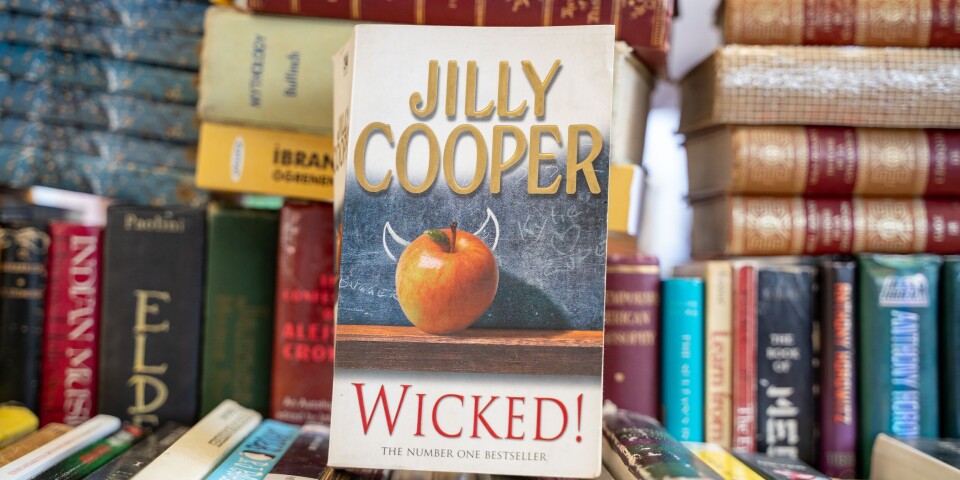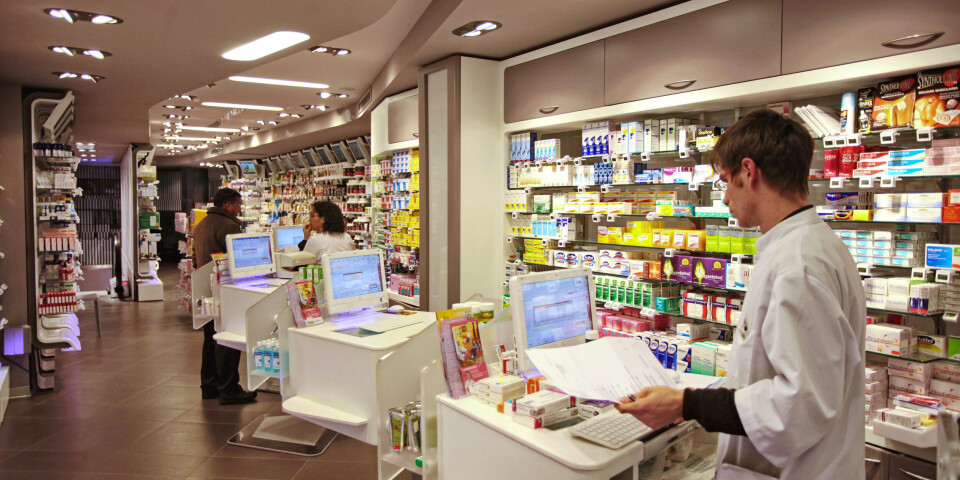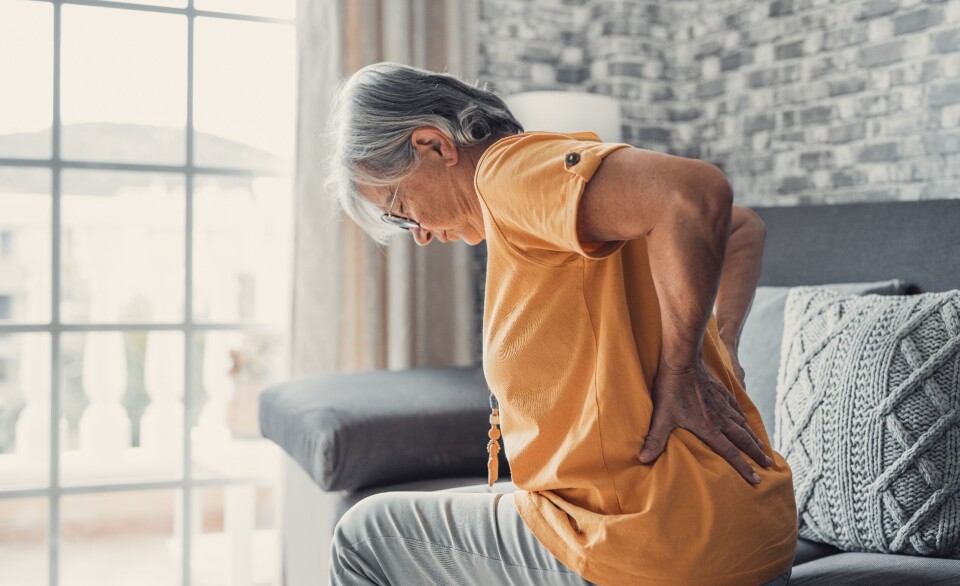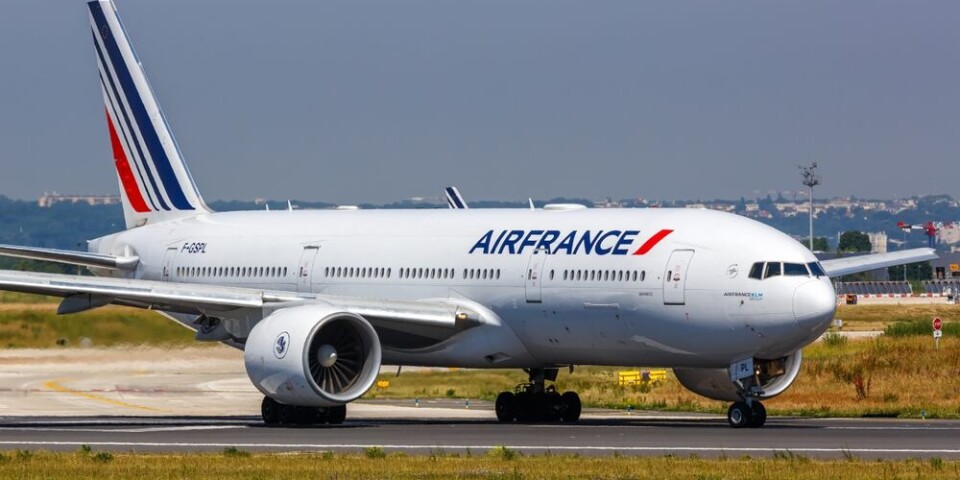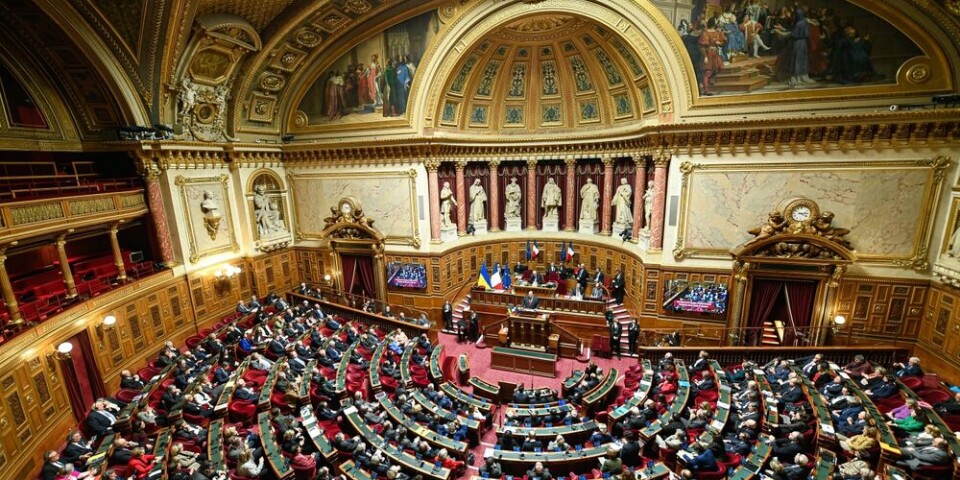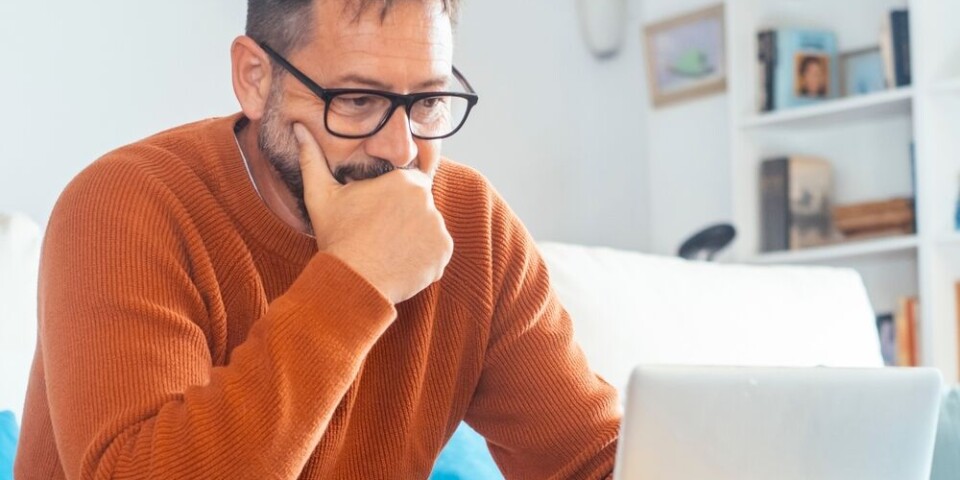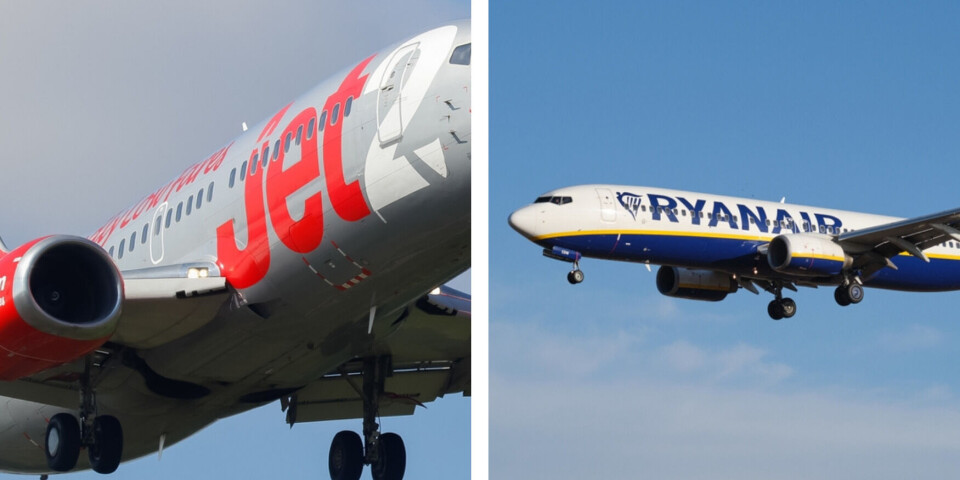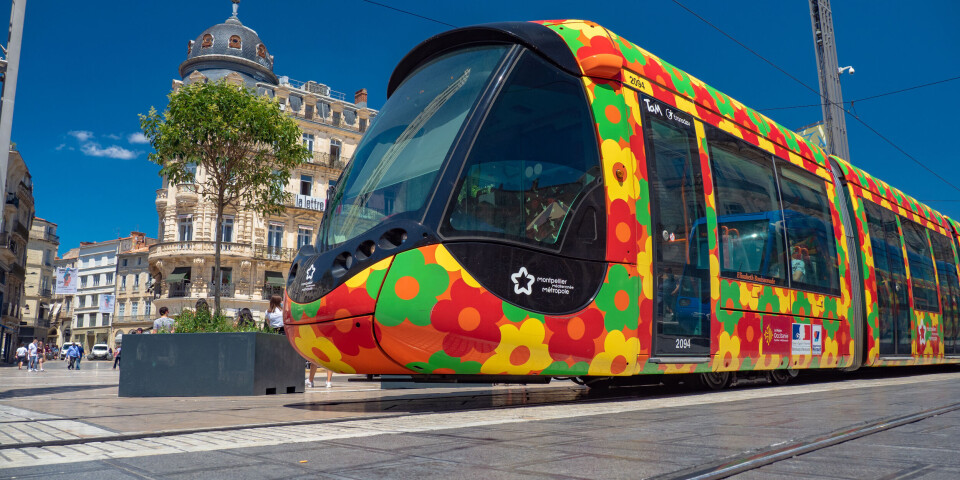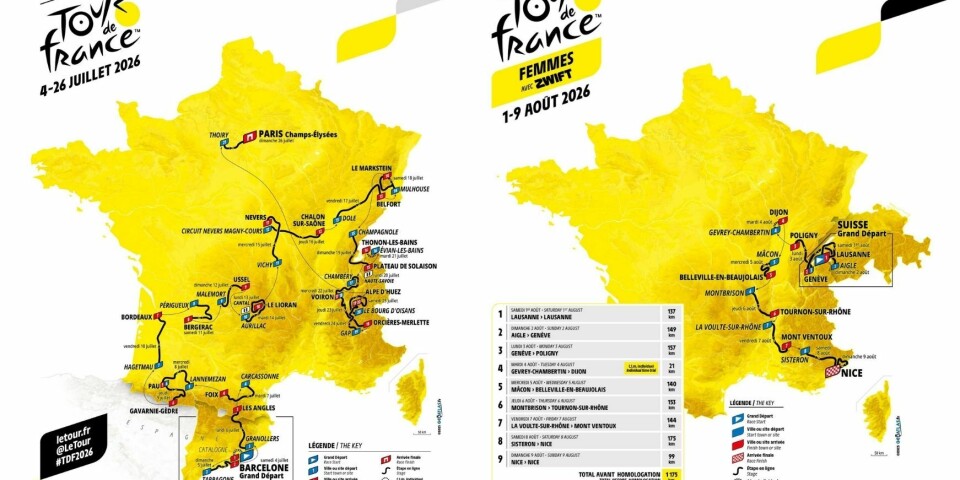-
Sabotage on rail lines in France: many TGVs to south-east cancelled
Separate fires on high-speed line near Lyon has crippled services
-
Britons ordered to leave France over bad first year of work lose court appeal
Order was upheld despite their Dordogne gîte business now doing better. They say they have âabsolutely nothing to go back to in the UKâ.
-
Carpenter who helped rebuild Notre-Dame Cathedral allowed to marry there
Special permission was granted as private weddings are not normally permitted at the Paris landmark
Covid-19 saliva tests to be piloted in French schools
The aim is to carry out 200,000 to 300,000 a week in schools around the country by the end of the winter holidays

A pilot scheme to test school children for Covid-19, using saliva tests, begins today at a school in Paris.
It comes after the tests, which are less painful than typical nose swab tests, were approved for use in France by the Haute Autorité de Santé (HAS) earlier this month.
Prime Minister Jean Castex and Health Minister Olivier Véran are set to attend this first of several pilots, which will be in the 13th arrondissement.
Covid-19 saliva tests approved for use in France
Several schools will soon be selected throughout France to carry out a large-scale testing campaigns.
Mr Véran said between 200,000 to 300,000 of the saliva tests could be carried out in schools around the country each week, once school winter holidays end, between the end of February and the beginning of March.
He said in an address to the senate this morning (February 11) that he wished for âschools to stay open for as long as possibleâ.
More than 930 classes in France are currently closed due to Covid-19, the latest figures from February 5 show.
Saliva tests can be carried out either by swabbing the inside of someoneâs mouth or using a spit sample. In this way, they are much less intrusive than nasal swab tests.
The simplicity of taking this test makes them especially suitable for children and people with disabilities.
However, the test results are not rapid. The samples go through the same process as nasal swabs and must be sent to a laboratory for analysis before results can be returned - taking a similar amount of time as a nasal PCR test.
The saliva swabs were found to be 2-11% less sensitive than the nasal swabs and gave 85% reliability (as opposed to 90% for nasal swabs), trials run by the HAS found.
Saliva tests are already being used in other countries, such as in some universities in Belgium.



